On August 12th, the nature documentary “March of The Elephants” had its global premiere in Bejing. This affectionate documentary follows the journey of the wild Asian elephants, the “Short Nose Family”, from and back to their original habitat.
On a summer’s night, Yunnan forestry firefighters could not close their eyes as they had to stare at the screen and keep a close watch on these elephants that had left their home one and a half years ago. They noticed two adult elephants, one subadult and one calf were screaming around a pond. “What happened to them?”, the firefighters got nervous and worried. It’s one part of the documentary.
This 54-minute film also narrated other stories of these elephants through airborne imagery and infrared thermal imaging, telling people how they left and returned to their home. Now, everyone has a chance to cast his or her mind back to the adventure of the big guys.
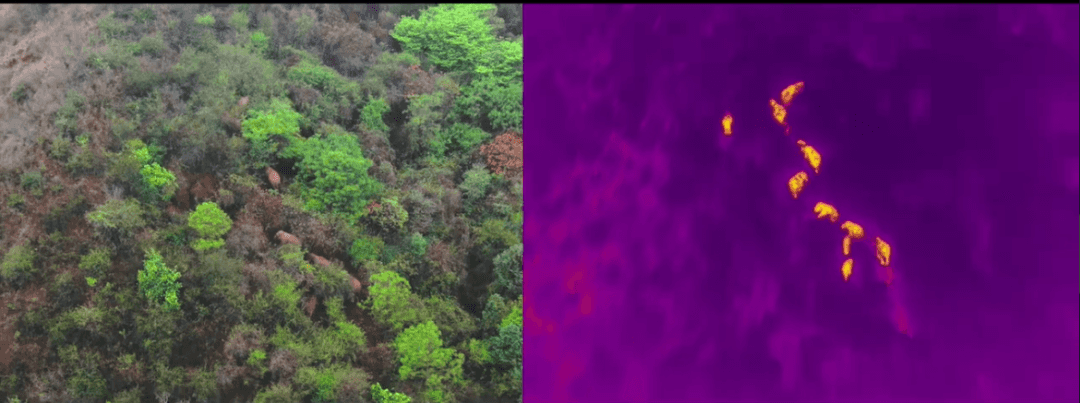
From March of The Elephants
"Although they are more than three meters tall, and weigh several tons, they are not always in our sight. It wasn’t easy for us to spot them, either. But now we can use high-tech equipment to spot and monitor them.”, said Chen Shengyao, the Leader of the Information Group, the Wild Asian Elephant Search and Monitoring Unit, Yunnan Forest Fire Brigade. The high-tech equipment he mentioned is thermal cameras.
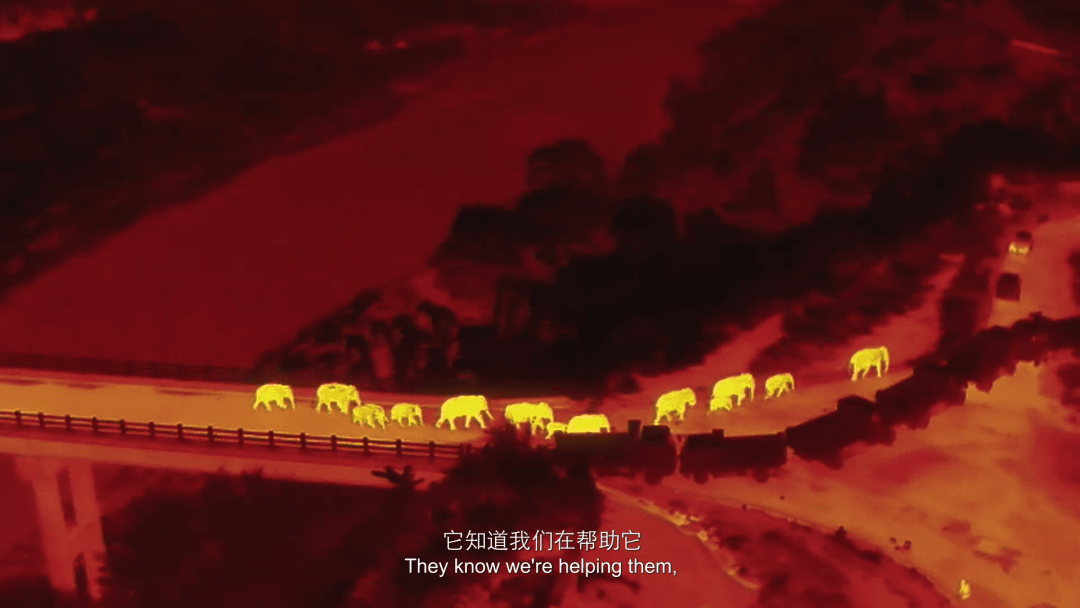
From March of The Elephants
In order to protect the elephants from white light and high-pitched sounds when observing them, especially at night, Yunnan Forest Fire Brigade used the drone and Guide thermal imaging solution to monitor the elephants without any interference. Finally, the elephants got back to their habitat safely.
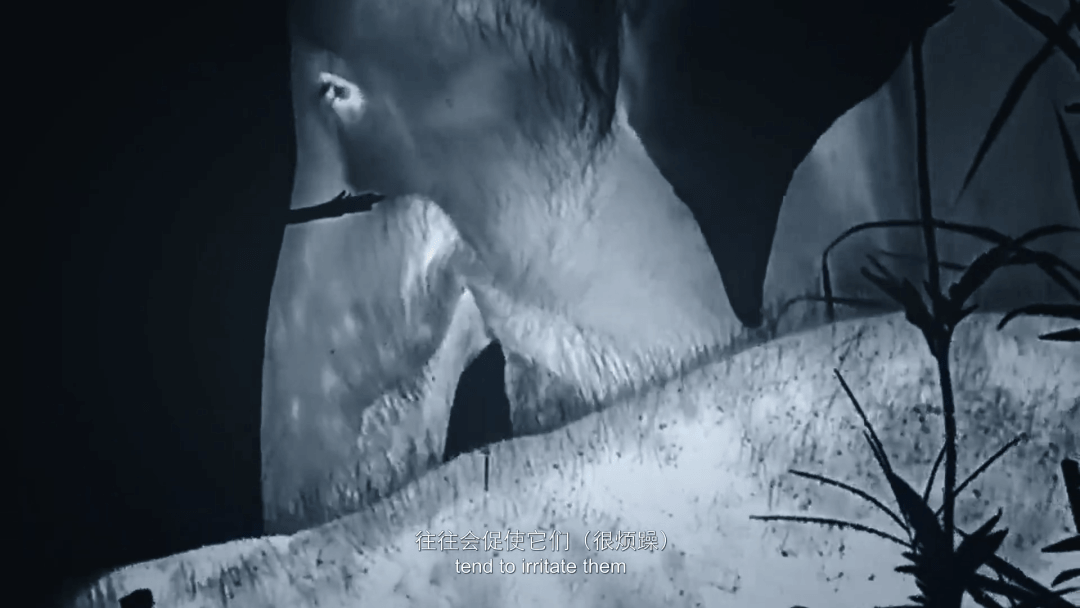
From March of The Elephants
During the more than 110 days of the elephants traveling, they often rested during the day and go down to eat at night. The dense forest, heavy fog, and dark night increased the difficulty of tracking and observing them, but utilizing the infrared thermal imaging technology makes it easy to view them. At the same time, there is a big difference between their body temperature and the ambient temperature of the forest, promoting the observation effect significantly. Combined with manual monitoring, it can search and monitor the wild elephants for the whole day, conduct surveys and early warnings on the movement paths of the herd in time, and escort them all the way.
Search elephants at night easily
The outstanding “night vision” capability of a thermal camera helped to identify targets—the elephant herd at night, even in total darkness, and track their movements, promoting the awareness of inhabitants along their path.
Improve the search efficiency in harsh weather conditions
The elephant herd always hid in the woods, where fog usually accompanies rain, so tracking them is not a simple thing for the Search and Monitoring Unit. With thermal cameras, the unit was able to observe them clearly.
Keep elephants away from humans and ensure the safety of the search team.
Elephants are huge, dangerous and aggressive. Infrared thermal imaging is a technology that passively receives infrared radiation. It has super concealment and will not reveal the location of the fire brigade staff, allowing them to maintain a sufficient safe distance.
Long distance and wide range
Infrared thermal camera can detect forest areas within a few kilometers, making the search more efficient.
In addition to protecting elephants, the deployment of thermal imaging and night vision technology protects other animals, local communities, and improves ranger safety.













.svg)

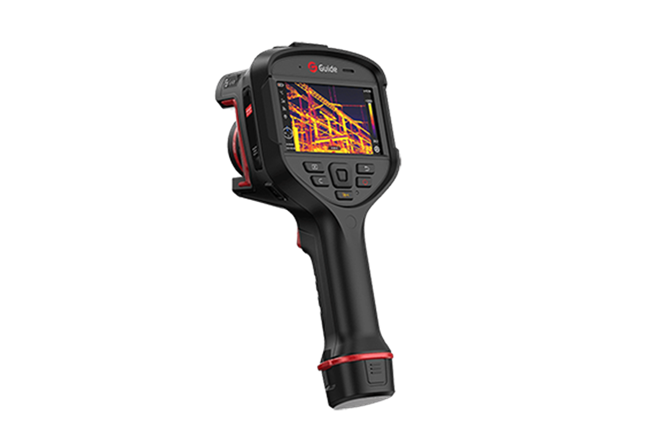
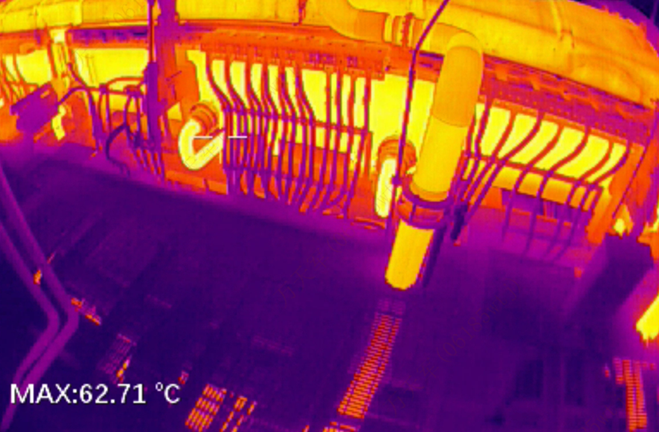
_fuben.jpg)

